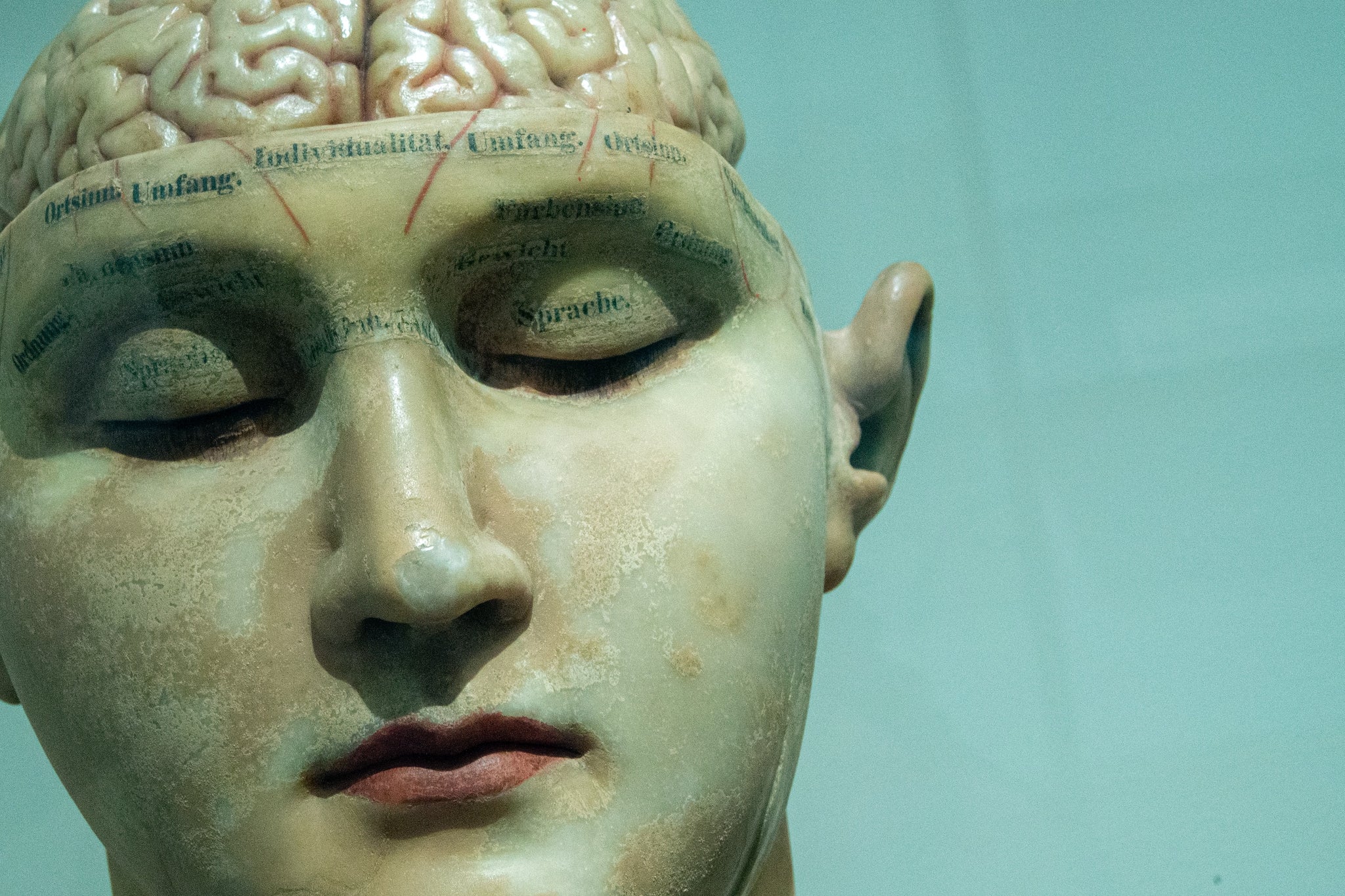Your Cart is Empty
FREE SHIPPING ON ORDERS OVER $65
FREE SHIPPING ON ORDERS OVER $65


Contributed by Christina Iaboni
MHSc, Registered Dietitian
www.cucinadichristina.com
Most of us are aware of the connection between what we eat and our physical health, but did you know that what we eat affects our mental health as well? In recent years, research has shown that the food we eat can affect our mood and mental health in several ways.
In this article, we discuss the scientific literature on the foods and diets that are positively correlated with better mood and mental health outcomes. We conclude with 7 tips on foods to eat to help improve your brain health and mood. By the end of this article, you should have a better understanding on how the foods you eat affect your mood and your brain health, and what you should eat to reap all the benefits.
A strong indication that food affects your mood came from studies looking at the effects of people following a Mediterranean diet. The Mediterranean diet focuses on eating lots of vegetables and fruit, whole grains, fish, healthy fats, and including plant-based proteins more often than meat. This pattern of eating is followed by people living in Greece and Italy and has been linked with many health benefits, including improvements in mood.
In a 2017 study known as theSMILES trial, researchers looked at people with moderate depression who had unhealthy diets and put them into two groups, one group followed a Mediterranean diet (the intervention) and the other group (known as the control group) focused on the role of social support in mental health. The results showed that those following the Mediterranean diet had greater improvements in mood at the end of the study compared to the control group, suggesting that a healthy diet is an effective component in the treatment of depression. We are still learning more about how the Mediterranean diet has mood boosting effects, but some hypotheses centre around the anti-inflammatory effects of some foods and the way food affects the function and structure of brain cells. We will all have to stay tuned for more research.
Carbs make people happy, and not just because they taste good. Studies have shown that eating them can positively impact our mental health. Your brain uses more glucose, which comes from carbohydrates, than any other organ and requires them for optimal functioning. Eating unprocessed carbohydrates, such as oats and other whole grains, legumes, fruits and vegetables, can help the brain have a stable supply of energy.
Moreover, combining carbohydrates along with a protein source (such as eggs, cow’s milk, cheese, meat, fish, or chicken) can help the brain make more serotonin, the neurotransmitter that contributes to feelings of well-being and happiness.
Carbohydrates also contain B vitamins which help support our mental health as well as help the body use energy. Not to mention when we don’t eat enough carbohydrates, we can start to feel weak, tired and “fuzzy minded” because our brain is deprived of fuel. Taken together, research suggests that unprocessed carbohydrates are a mood boosting food.
Whole grains, fruits, vegetables, and legumes also contain fibre, which helps feed our gut bacteria. Our gut is made up of trillions of microorganisms, mainly bacteria, known as your microbiome. Your microbiome plays a role in digesting food and absorbing nutrients as well as regulating your metabolism, immune system, brain functions and mood.
Although the research is in early stages,scientists have discovered a connection between our gut health and brain health, known as thegut-brain connection. Although research on the brain-gut connection is new,promising data suggests that having good bacteria and a healthy gut correlates with better mental health and mood. How does your gut health affect your mental health? That's still unclear, but given that your gut sends signals to your brain, both in the form of hormones and neuronal connections, there are a few avenues by which your brain and gut communicate.
We know that getting enough fibre in our diets can positively impact our gut-bacteria and gut health.Unfortunately, most Canadians are only getting about half of the recommended amounts of fibre they need; men need 38g/day and women need 25g/day. Yumi-Organics Overnight Oats contain 6g of fibre per packet, or about 24% of the recommended daily amount.
Fatty fish such as salmon, sardines, and trout contain omega-3 fatty acids which are important for brain health. Our brain is made up of about 60% fat and the type of fat we eat affects the structure and function of our brain. Getting enough healthy fat helps ensure our brain works at its best. Omega-3 fatty acids play a vital role in keeping our brain working well and help ensure that smooth communication is possible between our brain cells. Fish consumption in particular has been associated with better moods and reduced risk of depression.
While this area of research is still growing and we are continuing to learn more about how diet impacts our mental health, there is some evidence to suggest that we can eat our way to a better mood.

--
Christina Iaboni is a registered dietitian practicing in Toronto. She aims to empower her clients to improve their health by eating healthy and delicious food. Follow her @cucina_di_christina and visitwww.cucinadichristina.com for healthy eating tips and easy recipes.
Comments will be approved before showing up.